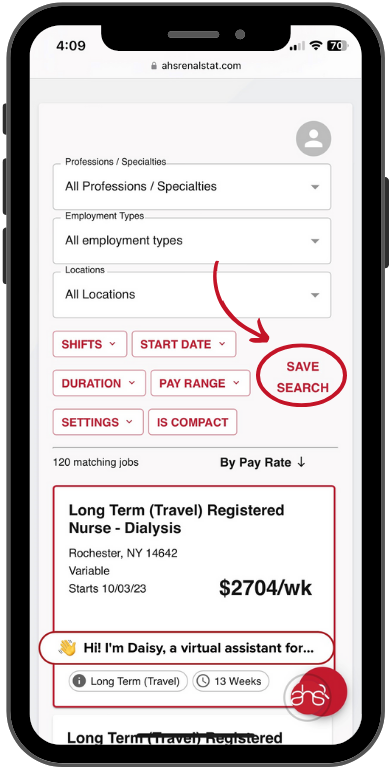Researchers have discovered a new therapeutic target for diabetic nephropathy, the leading cause of kidney failure. The findings, appearing in an upcoming issue of the Journal of the American Society of Nephrology (JASN), could help protect the kidney health of individuals with diabetes.
While it’s unclear precisely how diabetic nephropathy—kidney disease or damage that occurs in people with diabetes—develops, inflammation is likely involved. One particular inflammatory molecule, osteopontin, seems to play a prominent role, making it a potential target for future therapies.
In an attempt to inhibit osteopontin expression, Daisuke Ogawa, MD, PhD from Okayama University Graduate School of Medicine, Dentistry and Pharmaceutical Sciences, in Japan and his colleagues tried activating a receptor that blocks the expression of genes involved in inflammation. This receptor, liver x receptor (LXR), can be activated with a drug named T0901317.
When diabetic mice with kidney damage were given T0901317, the animals’ kidneys became healthier and functioned better. Also, the T0901317 treatment markedly decreased the expression of osteoponin and other inflammatory molecules in the kidneys. Laboratory experiments with kidney cells revealed that high sugar concentrations—like those seen in the blood of diabetics—increased osteopontin expression, which could be inhibited with T0901317.
“These observations support an important role for LXR agonists in suppressing the inflammatory responses in diabetic kidneys and preventing the development of nephropathy,” said Ogawa.
Posted in RenalBusinessToday.com


